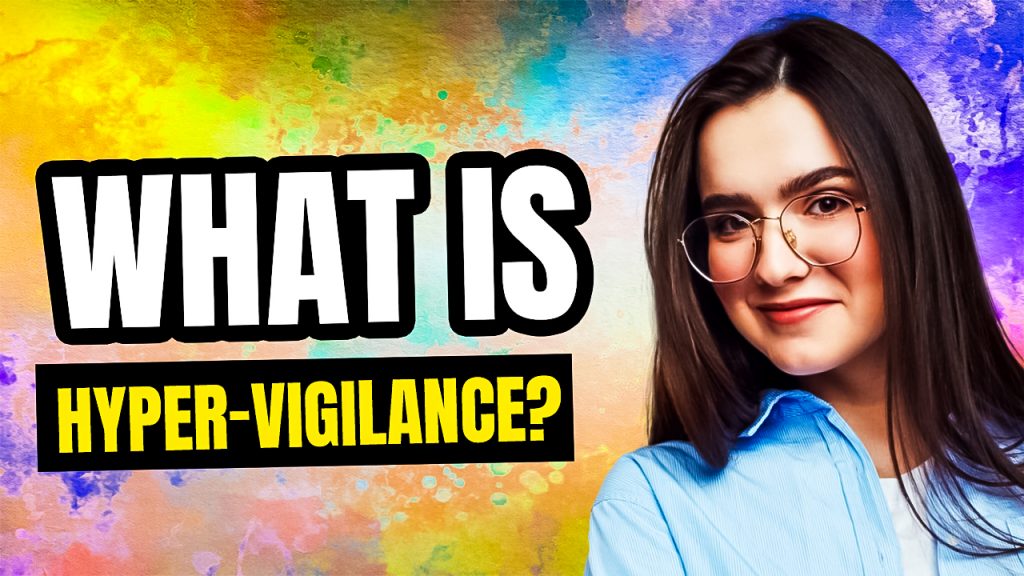
Hyper-vigilance is a state of heightened awareness, alertness, and suspicion that is characterized by an excessive and persistent focus on perceived threats. This heightened state of arousal can be a response to traumatic experiences, chronic stress, or other factors that contribute to a sense of insecurity or danger. Hyper-vigilance can also occur as a symptom of anxiety disorders, such as post-traumatic stress disorder (PTSD), and can have a significant impact on an individual’s quality of life.
Hyper-vigilance is characterized by a range of physical and psychological symptoms. Physically, an individual in a state of hyper-vigilance may experience increased heart rate, muscle tension, and sweating, among other symptoms. Psychologically, an individual may become excessively focused on perceived threats and may have difficulty relaxing or sleeping. They may also become easily agitated or irritable, and may have difficulty concentrating or making decisions.
Hyper-vigilance can have a significant impact on an individual’s daily life, affecting their ability to perform routine tasks, interact with others, and manage stress. It can also contribute to feelings of isolation and fear, and can increase the likelihood of engaging in behaviors that may further exacerbate feelings of insecurity.
There are several factors that contribute to the development of hyper-vigilance. One of the most significant is exposure to traumatic experiences, such as physical or sexual abuse, combat, or natural disasters. Chronic stress and anxiety can also contribute to hyper-vigilance, as can an overactive fight-or-flight response to perceived threats. In some cases, hyper-vigilance may also be a symptom of underlying mental health conditions, such as PTSD or anxiety disorders.
To manage hyper-vigilance, individuals can take steps to reduce their overall level of stress and anxiety. This may include practicing stress-management techniques, such as meditation, mindfulness, and deep breathing, as well as engaging in physical exercise. Additionally, individuals may benefit from therapy or counseling, which can help them process traumatic experiences and address the underlying causes of hyper-vigilance.
In the case of PTSD or anxiety disorders, medications and other forms of treatment, such as exposure therapy or cognitive behavioral therapy, may also be beneficial. These treatments can help individuals address the root causes of their hyper-vigilance and develop new coping strategies for managing stress and anxiety.
It is important to note that hyper-vigilance is a complex and challenging issue, and that the best approach for managing it will vary from person to person. As a result, individuals who are experiencing hyper-vigilance are encouraged to work closely with a mental health professional to develop a personalized treatment plan.
In conclusion, hyper-vigilance is a state of heightened awareness, alertness, and suspicion that is characterized by an excessive and persistent focus on perceived threats. It can have a significant impact on an individual’s quality of life and can be a response to traumatic experiences, chronic stress, or other factors that contribute to a sense of insecurity or danger. To manage hyper-vigilance, individuals can take steps to reduce their overall level of stress and anxiety, and may benefit from therapy or counseling, as well as medications or other forms of treatment.
This Post is Brought To You By BetterHelp